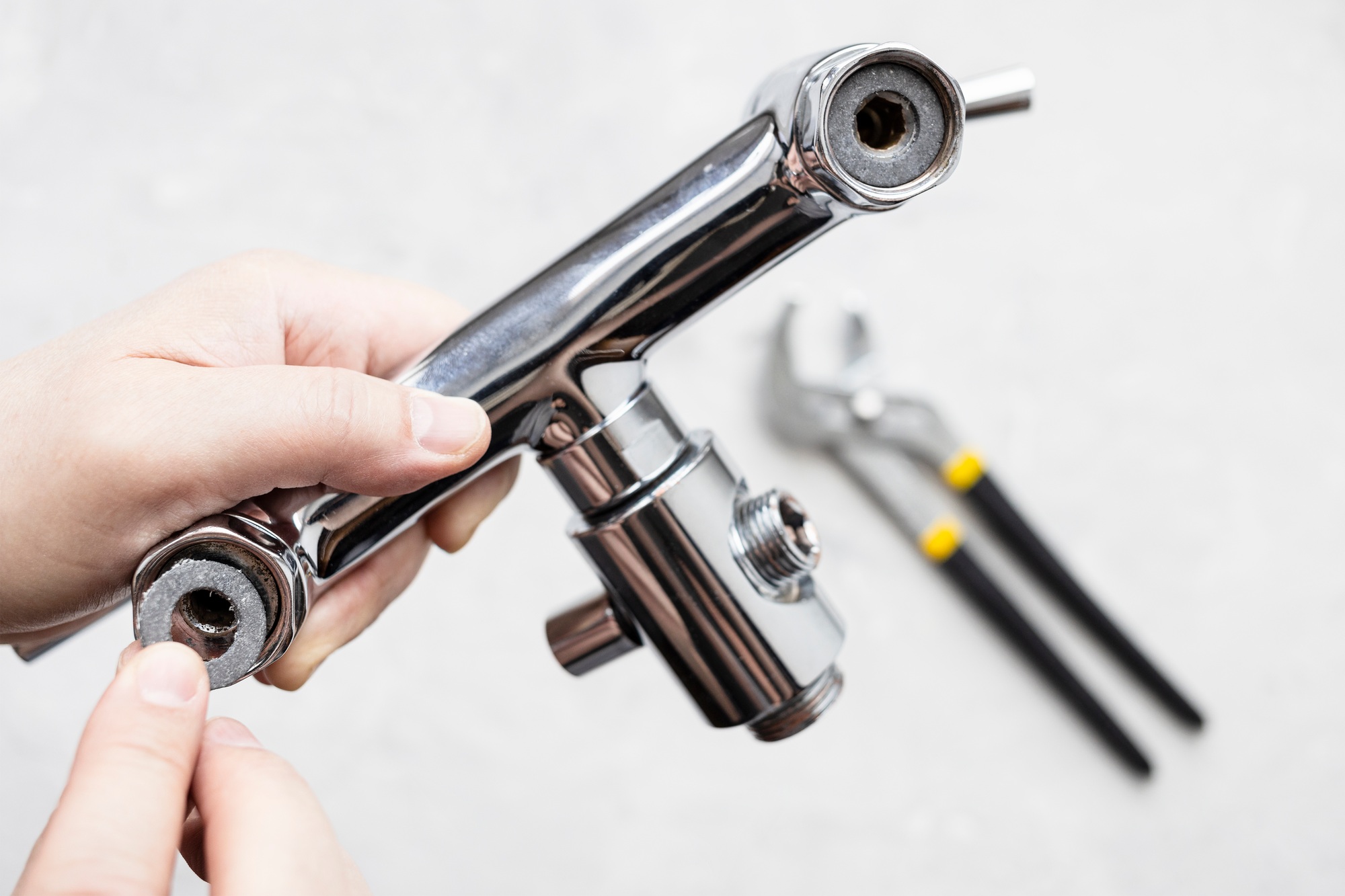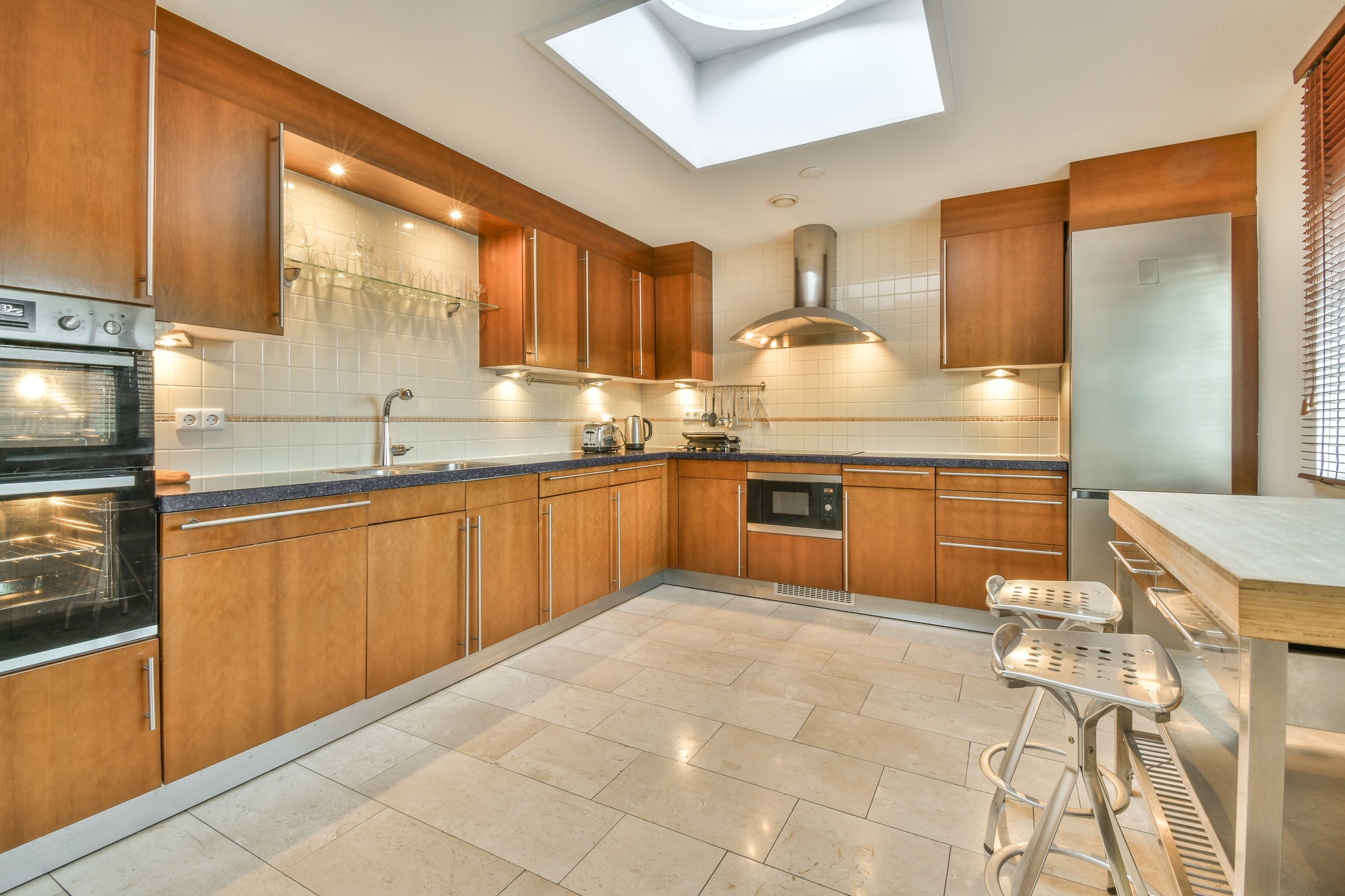In an era where safety and security are paramount, investing in a home security system has become a necessity for many homeowners. The right system not only deters potential intruders but also provides peace of mind. However, with a plethora of options available, choosing the best home security system can seem daunting. This guide aims to simplify the process, ensuring you select a system that meets your specific needs and enhances the security of your home.
Assessing Your Home Security Needs
Start by evaluating your home’s security requirements. Consider factors such as the size of your property, the number of entry points, and any specific areas you wish to monitor. This assessment will help determine the complexity and type of system needed, whether it’s a basic alarm system or a comprehensive solution with cameras and home automation features.
Types of Home Security Systems
1. Monitored Security Systems
These systems are monitored by a professional security company. In the event of a break-in, the company is alerted and can contact law enforcement on your behalf. While offering high levels of security, these systems often come with monthly fees.
2. Unmonitored Systems
Also known as self-monitored systems, these allow you to monitor your home through your smartphone or computer. They can be less expensive than monitored systems but require more involvement from the homeowner.
3. Wired vs. Wireless Systems
Wired systems are connected through your home’s electrical system, offering reliability but requiring professional installation. Wireless systems, on the other hand, offer flexibility and easier installation but depend on your home’s Wi-Fi network.
Key Features to Consider
1. Smart Home Integration
Many modern security systems offer integration with smart home devices, allowing you to control lights, locks, and cameras from a single app. This feature adds an extra layer of convenience and security.
2. High-Quality Cameras
If surveillance is a priority, look for systems with high-definition cameras that offer clear images, even in low light. Consider the need for indoor, outdoor, or doorbell cameras based on your security assessment.
3. Motion Detectors
Motion detectors can alert you to movement in specific areas of your home. Look for adjustable sensitivity settings to avoid false alarms caused by pets or wildlife.
4. Environmental Monitoring
Some systems include features like smoke detectors, carbon monoxide sensors, and water leak detectors, providing comprehensive protection beyond intruder detection.
Installation and Maintenance
Decide whether you prefer a DIY installation, which offers flexibility and reduced costs, or professional installation, ensuring everything is set up correctly. Consider the maintenance requirements of your chosen system, including battery replacements and software updates, to ensure ongoing reliability.
Budget Considerations
Security systems range from affordable basic setups to high-end solutions with advanced features. Determine your budget early in the process, keeping in mind potential monthly fees for monitored services. Remember, investing in your home’s security can provide invaluable peace of mind.
Conclusion
Choosing the right home security system requires careful consideration of your specific needs, the desired features, and your budget. By assessing your home’s security requirements, understanding the different types of systems available, and considering key features, you can make an informed decision that enhances the safety and security of your home. In today’s world, a reliable home security system is not just an option—it’s essential for protecting your home and loved ones.








